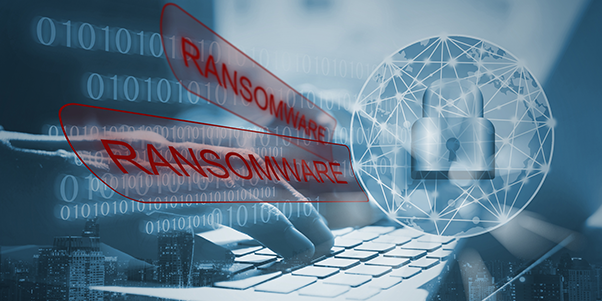The U.S. Government has launched a new website touted as a “One-Stop Location to Stop Ransomware.” Aptly named, StopRansomware.gov, it is designed to help public and private organizations defend against the rise in ransomware cases.
According to a report published by the Department of Justice, roughly $350 million in ransom was paid to malicious cyber actors in 2020, a more than 300% increase from the previous year. There have already been multiple notable ransomware attacks in 2021, and despite making up roughly 75% of all ransomware cases, attacks on small businesses often go unnoticed.
The StopRansomware.gov site was created to combat this exponential growth in ransomware with alerts, reports, and resources from CISA (Cybersecurity and Infrastructure Security Agency, the nation’s cyber defense center), the FBI, and other federal partners.
“As ransomware attacks continue to rise around the world, businesses and other organizations must prioritize their cybersecurity,” said Secretary Alejandro Mayorkas for the Department of Homeland Security. “Cyber criminals have targeted critical infrastructure, small businesses, hospitals, police departments, schools and more. These attacks directly impact Americans’ daily lives and the security of our nation.”
Need to brush up on the what, who and how of ransomware? Go to the Ransomware 101 page on the StopRansomware.gov site for answers to questions such as:
- What is ransomware? An ever-evolving form of malware designed to encrypt files on a device, rendering any files and the systems that rely on them unusable.
- Who is at risk of a ransomware attack? Anyone with a computer connected to the internet is at risk, including government or law enforcement agencies and healthcare systems or other critical infrastructure entities.
Think you’re a victim of ransomware? Click on the “I’ve Been Hit By Ransomware” and the “Report Ransomware” tabs where victims of ransomware can learn what steps to take and report their incident to the FBI, CISA, or the U.S. Secret Service. A victim only needs to report their incident once to ensure that all the other agencies are notified.
Healthcare entities must be extra diligent in responding to any ransomware attack to protect PHI. Fortunately, most ransomware attacks do not offload data or put PHI at risk for a breach, but a thorough review of any situation is warranted to make sure. We’re here to help. Contact us at info@privaplan.com or call 877-218-7707.



